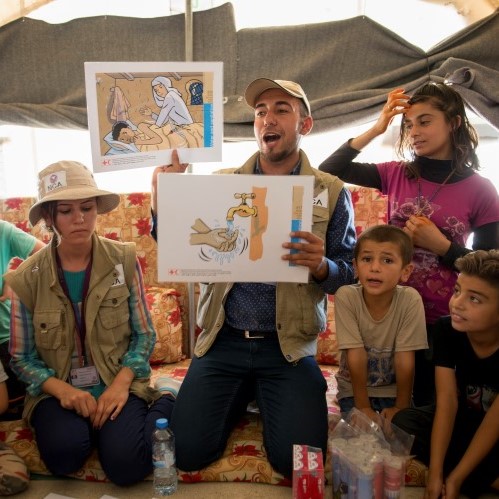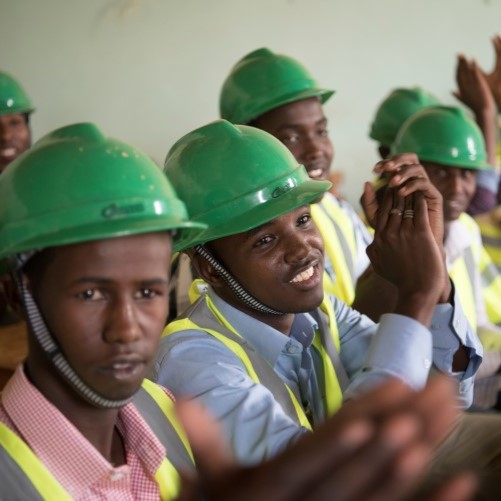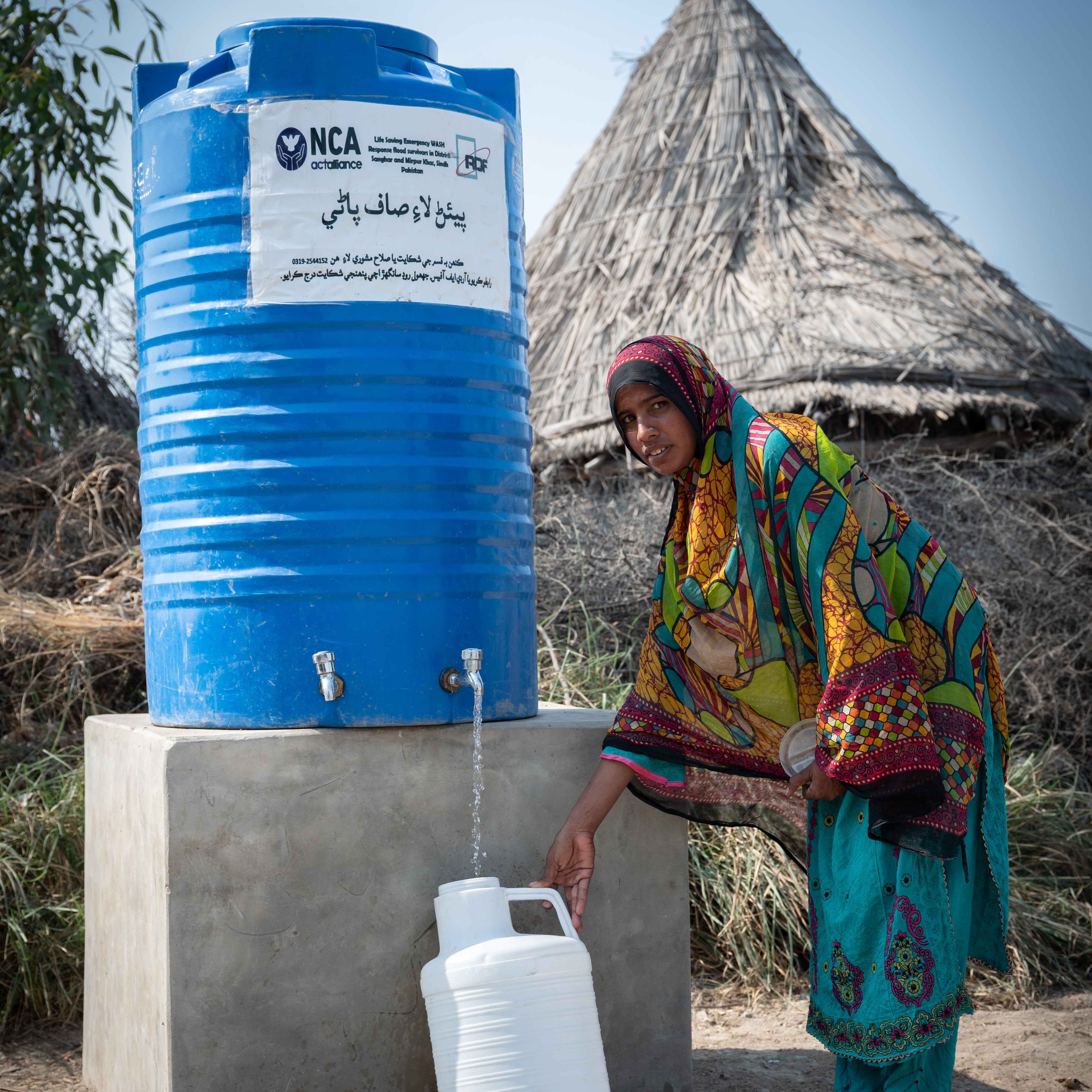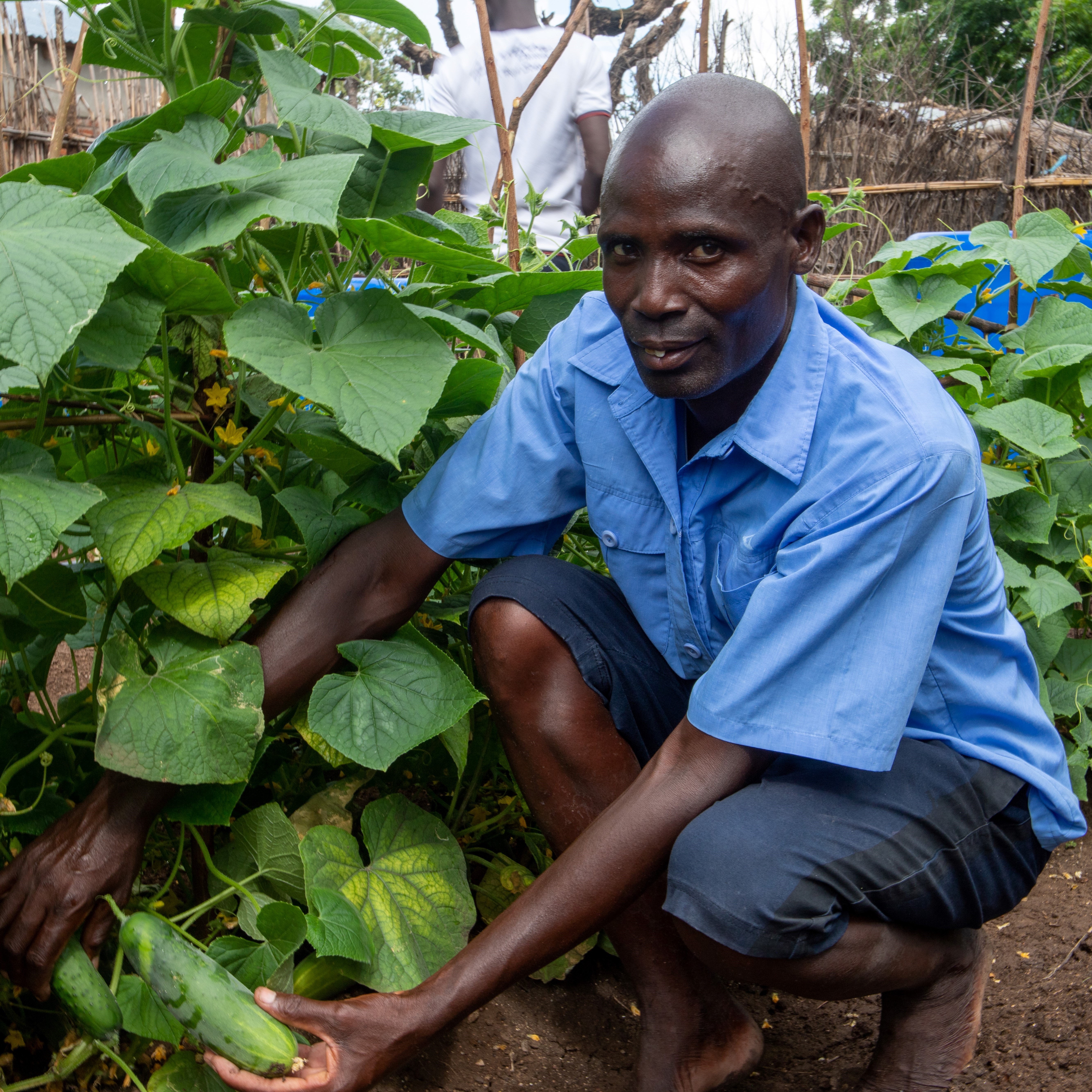Pakistan
One of the primary reasons for unemployment in Pakistan is inflation, which is compounded by a lack of industrialization. Unemployment in Pakistan is one of the most glaring issues facing the country. Slow economic growth, poverty, religious extremism, unequal distribution of wealth and illiteracy are key challenges faced by the country. The situation for women has improved slightly in the health, education, economy, and political sectors, but stark gender disparities still exist. Protection rights of vulnerable women and religious minorities are dishonoured.
NCA’s work in Pakistan focuses among other topics on climate smart economic empowerment, faith-based climate action, cultural cohesion, understanding and diversity; and gender equality, protection & respect.





